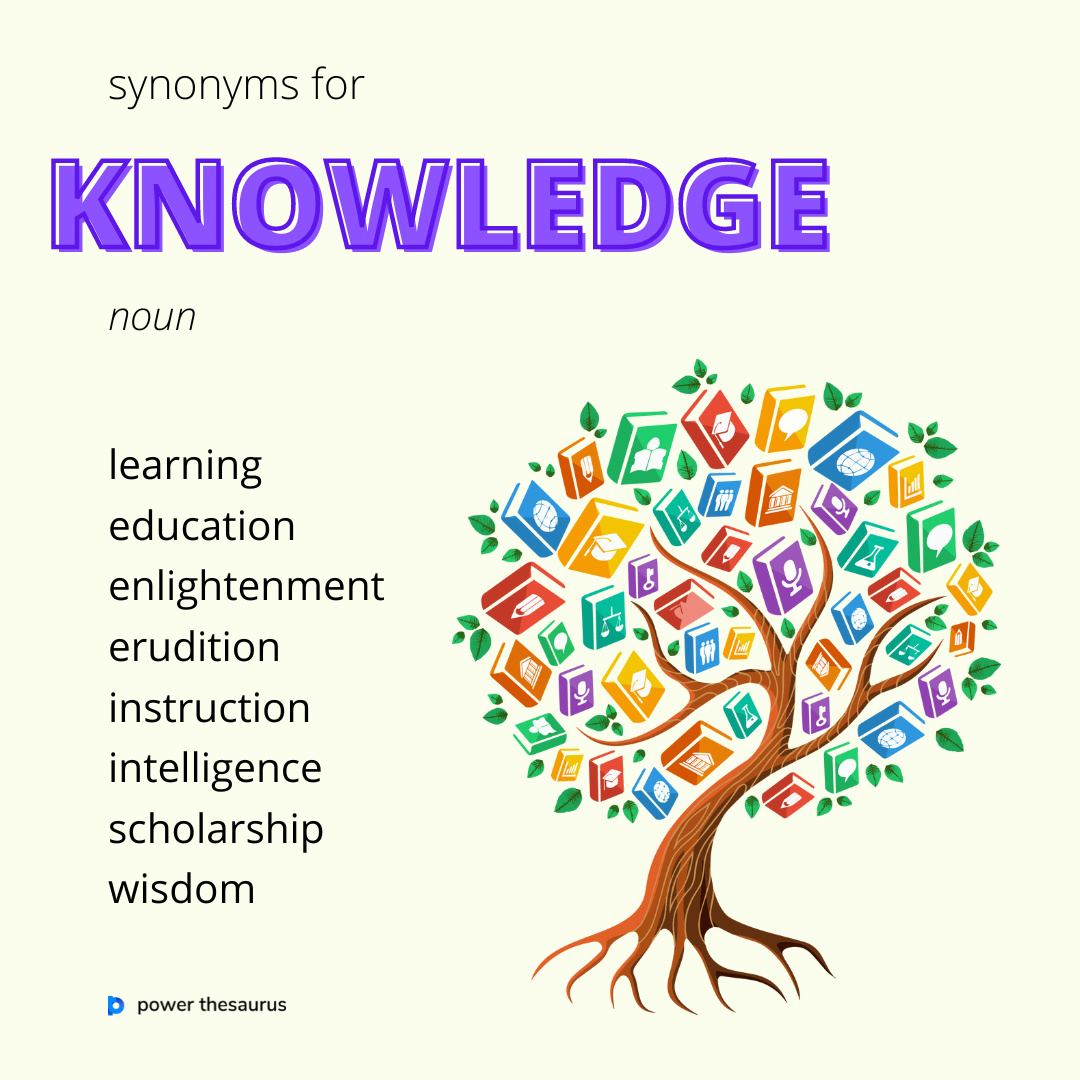Knowledge Similar Word

The way of gaining knowledge is more than memorizing facts it involves developing a deep understanding of concepts that can be applied in real-life situations. Education provides the foundation information needed to build expertise, while experience sharpens proficiency and competence in specific skills. True wisdom often comes from combining awareness of the world around us with thoughtful discernment, allowing individuals to make informed decisions. By continuously learning and seeking new familiarity with diverse subjects, one not only expands intellectual cognition but also enhances overall acumen and the ability to solve complex problems efficiently.
Here’s a list of similar words for “knowledge” :
General understanding / awareness
-
Understanding
-
Awareness
-
Insight
-
Comprehension
-
Grasp
Information / facts
-
Information
-
Intelligence
-
Learning
-
Education
-
Familiarity
Expertise / skill
-
Proficiency
-
Expertise
-
Competence
-
Acumen
-
Mastery
Subtle / philosophical usage
-
Wisdom
-
Cognition
-
Discernment
-
Perception
-
Sagacity
Knowledge is a powerful tool that shapes our understanding, decisions, and growth. Words similar to knowledge such as wisdom, awareness, understanding, insight, and intelligence each capture a unique aspect of learning and comprehension. While knowledge represents what we know, wisdom reflects how we apply it, and awareness deepens our perception of the world. Together, these related terms highlight the depth and diversity of human intellect and the continuous journey of gaining and applying understanding.
Examples in Sentences:
-
His understanding of physics is remarkable.
-
She gained a lot of insight from that experiment.
-
Experience gives you wisdom that books cannot.
-
The scientist’s expertise in chemistry is widely respected.
-
Learning new things every day increases your awareness and intelligence.
Each synonym carries its own depth and nuance. Understanding reflects clarity of thought, while awareness opens our eyes to the realities around us. Insight goes deeper, uncovering meaning beneath the surface. Wisdom, perhaps the highest form of knowledge, blends experience and judgment to guide our actions. Intelligence shows our ability to learn, reason, and adapt, and learning itself represents the never-ending process that fuels growth.
In essence, these similar words remind us that knowledge is not static it evolves with curiosity, reflection, and experience. The more we explore and apply what we know, the more enlightened and capable we become. True knowledge, therefore, is not only about having information but also about understanding life, people, and the world in meaningful ways.
Conclusion
Knowledge is more than just the collection of facts or information it is the foundation of understanding, growth, and progress. It gives us the power to think critically, make wise decisions, and solve problems effectively. Whether we call it awareness, insight, wisdom, or expertise, knowledge shapes how we see the world and how we interact with it. The pursuit of knowledge opens endless opportunities for learning and innovation, helping us grow both intellectually and personally. In the end, true knowledge is not just about knowing many things, but about understanding them deeply and using that understanding to make a positive difference in life.